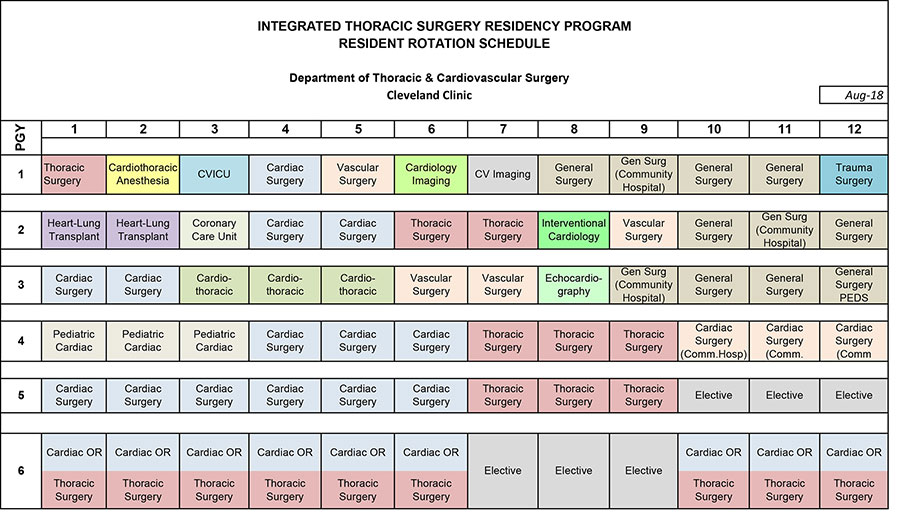Surgical Residency Program In Ireland
Learn more about the Cleveland Clinic General Surgery Residency Program and Fellowship Program including curriculum, locations, opportunities and frequently asked. Home › Education › Residency › Ireland. The Irish neurosurgical program has six. And this is why this constitutes an excellent surgical. Income Taxation By Valencia 6th Edition.

Residents being led through training with a Residency is a stage of graduate. A resident or house officer is a (one who holds the degree of,, or ) who practices medicine usually in a or clinic under the direct or indirect supervision of an. Successful completion of a residency program is a requirement to obtaining an unrestricted license to practice medicine in many jurisdictions. Residency training may be followed by or 'sub-specialty' training. Whereas teaches physicians a broad range of medical knowledge, basic clinical skills, and supervised experience practicing medicine in a variety of fields, medical residency gives in-depth training within a specific branch of medicine. A physician may choose a residency in,,,,,,,,,,,,,,,,,,,, or other medical. Contents • • • • • • • • • • • • • • • • • • • • • • • • • • • • • • • • • • Terminology [ ] A resident physician is more commonly referred to as a resident, senior house officer (in Commonwealth countries), or alternatively as a senior resident medical officer or house officer.

Residents have graduated from an accredited medical school and hold a medical degree (MD, DO, MBBS, MBChB). Residents are, collectively, the house staff of a hospital. This term comes from the fact that resident physicians traditionally spend the majority of their training 'in house,' i.e., the hospital. Duration of residencies can range from three years to seven years, depending upon the program and specialty. A year in residency begins between late June and early July depending on the individual program, and ends one calendar year later.
Depending on the number of years a specialty requires, the term junior resident may refer to residents that have not completed half their residency. Senior residents are residents in their final year of residency. Some residency programs refer to residents in their final year as chief residents (typically in surgical branches). Alternatively, a chief resident may describe a resident who has been selected to extend his or her residency by one year and organize the activities and training of the other residents (typically in internal medicine and pediatrics). If a physician finishes a residency and decides to further his or her education in a fellowship, he or she is referred to as a 'fellow'.
Post-residency physicians are referred to as, or (in Commonwealth countries). However, the above nomenclature applies only in educational institutes in which the period of training is specified in advance.
In privately owned, non-training hospitals, in certain countries, the above terminology may reflect the level of responsibility held by a physician rather than their level of education. Jelly Bean For Zte Blade - Android 4.1 there. This section does not any. Unsourced material may be challenged and. (September 2014) () Residency as an opportunity for advanced training in a medical or surgical specialty evolved in the late 19th century from brief and informal programs for extra training in a special area of interest.